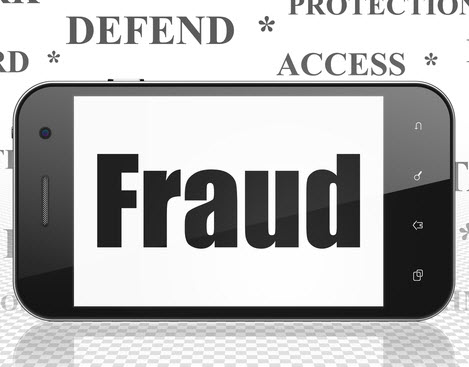Both Allstate and the Liberty Mutual Group, Inc. settled with consumers and their attorneys recently for improperly advertising programs related to accident forgiveness. Specifically, the companies had to pay for investigative costs and civil penalties, contributing towards future investigations and prosecutions related to consumer fraud issues like these.
The insurance companies were found to have advertised “accident forgiveness” auto insurance programs, which promised that policyholders’ rates would not increase after their first accident. However, the companies failed to disclose that the program isn’t available in some states–such as California–as these programs have been outlawed by some ballot initiatives, which banned them due to the programs typically coming at the cost of higher premium rates in general.
Misleading Ads
In the case against Allstate, the complaint alleges that the ads convey the overall impression that consumers can qualify for accident forgiveness benefits even though, based on where they live, this is not necessarily the case. Although some of these television advertisements had a small disclaimer at the bottom of the screen, the consumers who brought the lawsuit alleged that this was insufficient to adequately alert viewers when the program was not available in their state. Under the judgement ordered, Allstate is paying $600,000 and Liberty Mutual close to $1,000,000 to settle the lawsuits.
State Consumer Protection Laws
This particular lawsuit was based on the law in California, which requires that all advertising clearly and conspicuously disclose any material facts necessary in order to avoid misleading viewers. Florida has a similar law, stating that no person, corporation, etc. shall disseminate an advertisement which contains any assertion, representation, or statement which is untrue, deceptive, or misleading.
Not only do states have false advertising laws, but also unfair competition laws. Florida has the Florida Deceptive and Unfair Trade Practices Act, which declares that unfair methods of competition, unconscionable acts or practices, and unfair or deceptive acts or practices in the conduct of any trade or commerce are unlawful. When ads like these convey that consumers in the state will receive benefits as part of a company’s auto insurance policy when they cannot, that arguably constitutes consumer fraud which falls under these state protection laws.
Experienced Commercial Litigation & Consumer Protection Attorneys
In commercial litigation, consumer fraud is a frequent issue that comes up, and which our attorneys help consumers address. You are protected under federal and state commercial laws from illegal and unfair practices. You and your attorney can also work with the Florida Bureau of Insurance Fraud to investigate alleged acts (in addition to pursuing your claim).
Lavalle, Brown & Ronan, P.A. has a combined record of over 130 years of protecting consumers in Boca Raton and surrounding areas in Florida. Contact our team of experienced attorneys today for a free consultation, and let us help find you a solution for your case.
For more information and in depth analysis, please contact Attorney Ken Ronan at kronan@bocalaw.com and Case Manager Richard Bagdasarian at rbagdasarian@bocalaw.com.
Resources:
pe.com/articles/accident-819811-california-county.html
leg.state.fl.us/Statutes/index.cfm?App_mode=Display_Statute&Search_String=&URL=0800-0899/0817/Sections/0817.06.html




